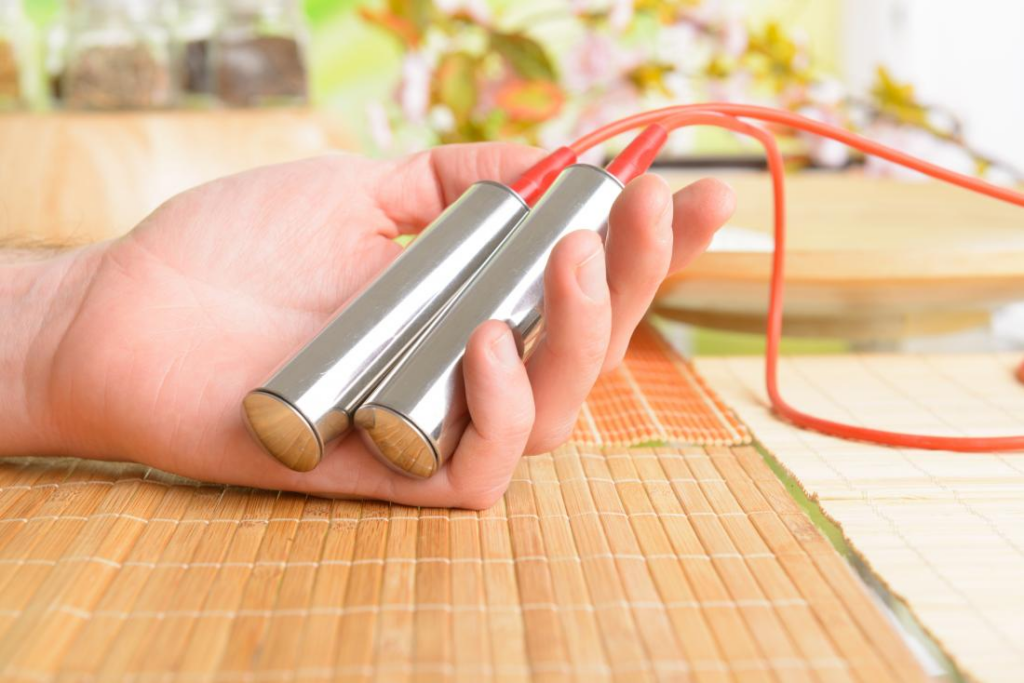A cancer diagnosis is a life-altering moment that brings with it a range of emotions and challenges. While traditional cancer procedures like chemotherapy and radiation therapy have made notable strides in improving survival rates, they might come with side effects and take a toll on the patient’s overall well-being.
In recent years, RIFE therapy machines have gained attention as a complementary approach to cancer treatment, offering hope to patients seeking alternatives. In this article, you will explore how a rife machine for cancer works and its potential benefits for cancer patients.
The Principles of RIFE Therapy

RIFE therapy is grounded in the concept of resonance and frequency. It operates on the premise that every organism, including cancer cells, has its unique frequency.
An organism can be destabilized or destroyed when exposed to the correct frequency. RIFE therapy machines are meticulously designed to emit specific frequencies that resonate with the natural frequencies of targeted cancer cells.
Targeting Cancer Cells
One of the primary objectives of RIFE therapy in cancer treatment is to target cancer cells themselves. Cancer cells often exhibit abnormal frequencies that differentiate them from healthy cells.
RIFE machines emit precise frequencies that resonate with these specific cancer cell frequencies. The goal is to disrupt cancer cells’ structural integrity and functionality, ultimately leading to their destruction.
Reducing Tumor Burden
RIFE therapy may also be employed to reduce the size of tumors. By targeting cancer cells within the tumor, the therapy aims to weaken and shrink the mass.
While RIFE therapy is not a standalone treatment for tumor reduction, it can be used alongside conventional treatments to enhance their effectiveness and potentially reduce the need for higher doses of radiation or chemotherapy.
Immune System Support
Cancer patients often experience compromised immune systems for the disease itself and the treatments they undergo.
RIFE therapy can indirectly support the immune system by targeting pathogens and toxins in the body. By eliminating these stressors, the immune system may have the opportunity to regain strength and function more effectively against cancer cells.
Pain Management

Cancer-related pain is a significant concern for many patients. RIFE therapy can contribute to pain management by addressing the inflammation and cellular dysfunction associated with cancer.
When applied to areas experiencing pain, the therapy can help modulate the inflammatory response and provide relief.
Customized Treatment Plans
One of the advantages of this therapy is the potential for customization. Healthcare practitioners or RIFE operators can create personalized treatment plans for cancer patients.
These plans consider the patient’s cancer type, stage, and health factors. Personalization ensures that the therapy targets the unique characteristics of the patient’s cancer.
Safety and Considerations
RIFE therapy is generally considered safe when administered by trained professionals. However, patients may experience a temporary worsening of symptoms known as a “Herxheimer reaction” during treatment.
This reaction occurs as cancer cells break down and release toxins. Adequate hydration and detoxification support may be recommended to alleviate this reaction.
Conclusion
While a rife machine for cancer offers hope and potential benefits for cancer patients, it is crucial to approach them as a complementary modality rather than a standalone treatment.
These machines should be used by healthcare professionals who are knowledgeable about their application in cancer care.
Cancer treatment is a complex and multifaceted journey, and RIFE therapy is just one piece of the puzzle. Patients should discuss their interest in RIFE therapy with their healthcare team to determine its suitability for their specific case.
The therapy can potentially enhance the overall well-being of cancer patients by targeting cancer cells, reducing tumor burden, supporting the immune system, and managing pain.
As research in the field of complementary and alternative cancer treatments continues, RIFE therapy remains a promising option for those seeking additional avenues for cancer care and hope on their path to recovery.

Jean Smith is a fitness enthusiast and blogger who focuses on fitness and a healthy lifestyle. She is passionate about assisting people in living healthier lifestyles and is constantly on the lookout for new and creative methods to stay fit and healthy. Her articles are excellent resources for anyone interested in improving their health and fitness.
